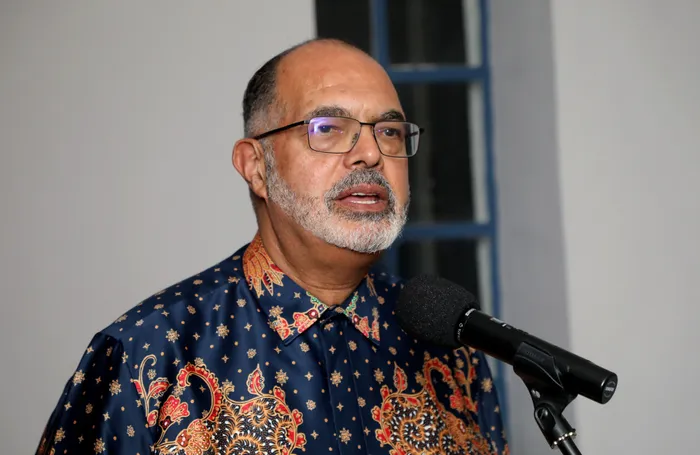
The South African Revenue Service (SARS) has moved to make things easier for non-resident taxpayers earning income from South African sources
Image: Timothy Bernard / Independent Newspapers
The South African Revenue Service (SARS) has moved to make things easier for non-resident taxpayers earning income from South African sources by introducing new enhancements to the 2025 tax return process.
These changes include updates to the ITR12 tax return form to help ensure non-residents complete the correct sections and submit accurate returns.
"These enhancements aim to ensure that non-residents complete the correct required fields in the return. An interim solution to activate this part of the tax return has been introduced via the SARS Online Query System (SOQS)," SARS said.
"This allows non-resident taxpayers to request the non-resident section of the tax return. A more permanent solution, directly on the tax return through the tax return “wizard”, will be introduced later.
To use SOQS to enable the non-resident section of the tax return:
According to the revenue service, the "taxpayer’s information will be stored and used in the subsequent year of assessment unless the taxpayer’s circumstances have changed subsequently".
Currently, South Africa has a residence-based tax system, which means residents are, subject to certain exclusions, taxed on their worldwide income, irrespective of where their income is earned. By contrast, non-residents are taxed on their income from a South African source.
"Since tax systems differ from country to country, there is a chance that a particular amount could be taxed twice.
"This possibility of double taxation is, however, often alleviated by tax relief contained in various Double Taxation Agreements (DTAs). These DTAs are international agreements contracted between countries to deal with potential competing taxing rights against the income of the same taxpayer. Under the provisions of the DTA, the non-resident’s remuneration earned in South Africa may not be subject to normal tax in South Africa where specific requirements are met".
IOL News
mthobisi.nozulela@iol.co.za
Related Topics: